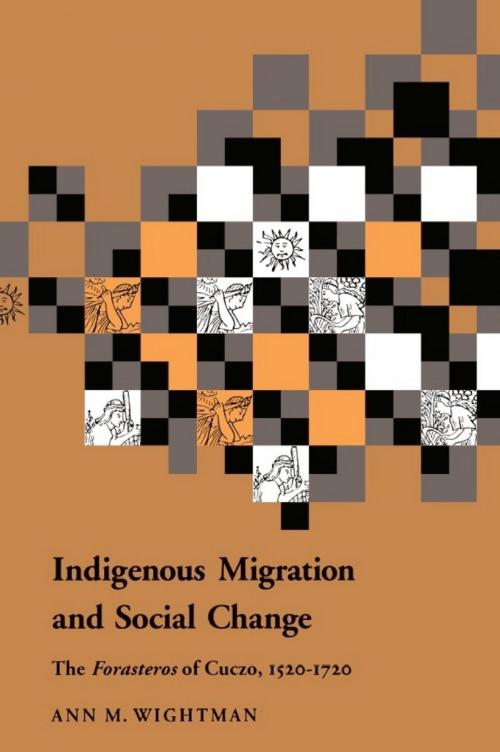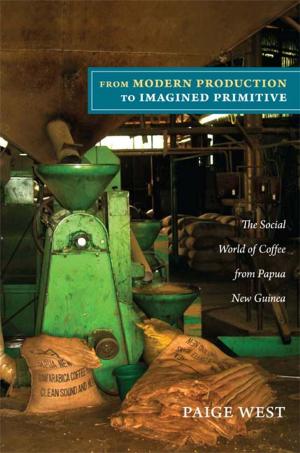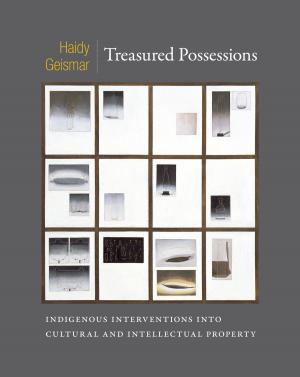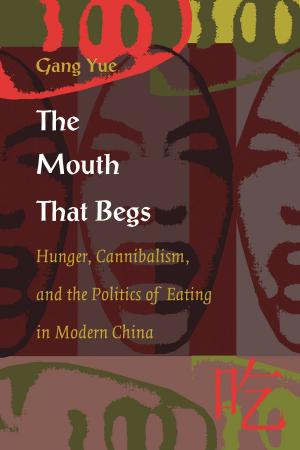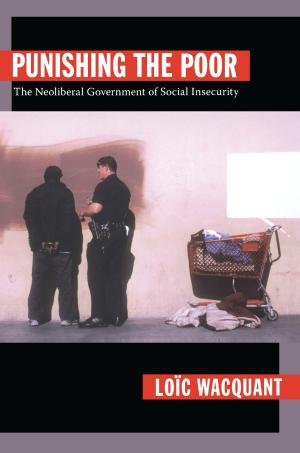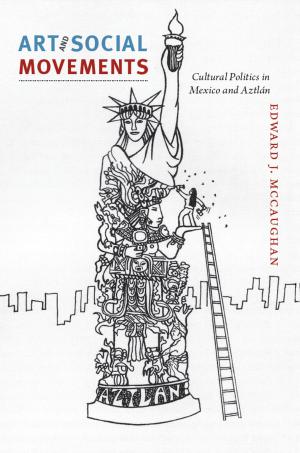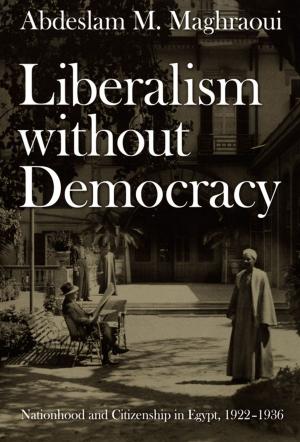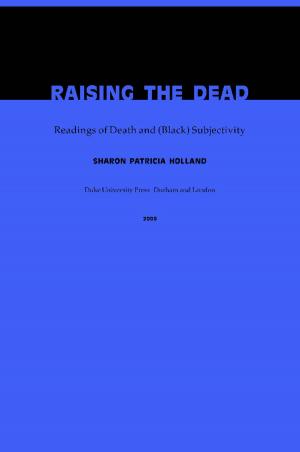Indigenous Migration and Social Change
The Foresteros of Cuzco, 1570-1720
Nonfiction, History, Americas, South America| Author: | Ann M. Wightman | ISBN: | 9780822382843 |
| Publisher: | Duke University Press | Publication: | January 31, 1990 |
| Imprint: | Duke University Press Books | Language: | English |
| Author: | Ann M. Wightman |
| ISBN: | 9780822382843 |
| Publisher: | Duke University Press |
| Publication: | January 31, 1990 |
| Imprint: | Duke University Press Books |
| Language: | English |
Many observers in colonial Spanish America—whether clerical, governmental, or foreign—noted the large numbers of forasteros, or Indians who were not seemingly attached to any locality. These migrants, or “wanderers,” offended the bureaucratic sensibilities of the Spanish administration, as they also frustrated their tax and revenue efforts. Ann M. Wightman’s research on these early “undocumentals” in the Cuzco region of Peru reveals much of importance on Andean society and its adaptation and resistance to Spanish cultural and political hegemony. The book thereby informs our understanding of social change in the colonial period.
Wightman shows that the dismissal of the forasteros as marginalized rural poor is superficial at best, and through laborious and painstaking archival research she presents a clear picture of the transformation of traditional society as the native populations coped with the disruptions of the conquest—and in doing so, reveals the reciprocal adaptations of the colonial power. Her choice of Cuzco is particularly appropriate, as this was a “heartland” region crucial to both the Incan and Spanish empires. The questions addressed by Wightman are of great concern to current Andean ethnohistory, one of the liveliest areas of such research, and are sure to have an important impact.
Many observers in colonial Spanish America—whether clerical, governmental, or foreign—noted the large numbers of forasteros, or Indians who were not seemingly attached to any locality. These migrants, or “wanderers,” offended the bureaucratic sensibilities of the Spanish administration, as they also frustrated their tax and revenue efforts. Ann M. Wightman’s research on these early “undocumentals” in the Cuzco region of Peru reveals much of importance on Andean society and its adaptation and resistance to Spanish cultural and political hegemony. The book thereby informs our understanding of social change in the colonial period.
Wightman shows that the dismissal of the forasteros as marginalized rural poor is superficial at best, and through laborious and painstaking archival research she presents a clear picture of the transformation of traditional society as the native populations coped with the disruptions of the conquest—and in doing so, reveals the reciprocal adaptations of the colonial power. Her choice of Cuzco is particularly appropriate, as this was a “heartland” region crucial to both the Incan and Spanish empires. The questions addressed by Wightman are of great concern to current Andean ethnohistory, one of the liveliest areas of such research, and are sure to have an important impact.
